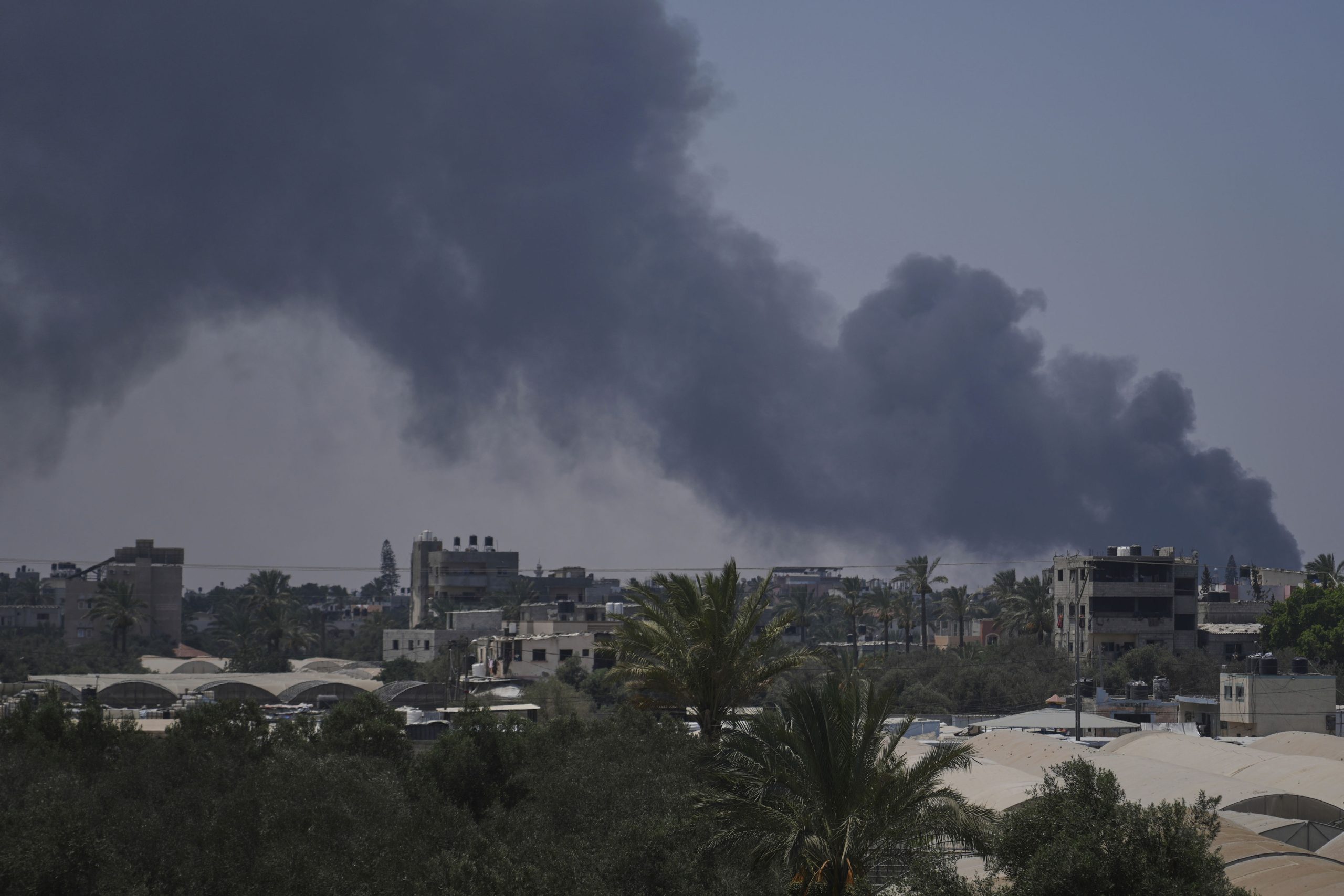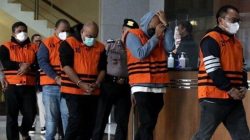Escalation of Violence in Gaza: U.N. Guesthouses Attacked
The United Nations has reported that two of its guesthouses in the central Gaza Strip were either hit or came under attack, including a raid by Israeli troops on a residence for employees of the World Health Organization (WHO). This incident occurred as Israeli military forces moved into an area where at least 50,000 people had been seeking shelter from the ongoing bombardment.
The head of the WHO, Tedros Adhanom Ghebreyesus, stated that the agency’s guesthouse in Deir al-Balah was struck three times before Israeli forces entered the premises. During the attack, families were separated, with men being strip-searched and interrogated at gunpoint, while women were forced to evacuate with their children.
Despite multiple requests for comment from the Israeli military, no response was received. An internal assessment by a U.N. official indicated that the attacks on the WHO guesthouse were likely caused by incoming Israeli fire. Even after the U.N. requested that the Israeli military hold its fire to allow staff to evacuate, a quadcopter drone entered the guesthouse and exploded.
Impact on Aid Operations
In addition to the WHO guesthouse, a guesthouse used by the U.N. Office for Project Services in Deir al-Balah was also hit while 13 employees were inside. This location had previously been targeted by Israeli tanks in March, resulting in the death of a veteran staffer.
The Israeli ground operation in Deir al-Balah marks a significant escalation, as troops have moved deeper into central Gaza than at any point during the 21 months of conflict. Israel’s Army Radio reported that troops from the Golani Brigade entered the city’s southern districts as part of a “targeted” operation to increase pressure on Hamas.
The military issued displacement orders for much of Deir al-Balah on Sunday, eliminating one of the last areas of Gaza not declared a formal combat zone. As a result, the majority of Gaza’s 2.1 million people are now squeezed into just 12 percent of the territory, according to the U.N. The organization warned that this movement would severely restrict its already limited access to aid, exacerbating the humanitarian crisis.
Humanitarian Crisis Deepens
More than 59,000 Palestinians have been killed during Israel’s military operations in Gaza, which began after Hamas militants launched attacks in southern Israel on Oct. 7, 2023, killing about 1,200 people and taking about 250 hostages. The Palestinian enclave is under a near-total Israeli blockade, leaving many residents malnourished and on the verge of starvation.
Doctors report that people have started to die of hunger and are fainting from exhaustion in the streets. Ross Smith, a senior official with the U.N. World Food Program, described the hunger crisis in Gaza as reaching “astonishing levels of desperation.” A third of people are not eating for days in a row, he said, and a quarter of the population lives in famine-like conditions.
Deadly Aid Distribution
According to the Gaza Health Ministry, more than 1,000 people have been shot dead by Israeli troops during desperate scrambles for food aid distributed by the U.S.- and Israeli-backed Gaza Humanitarian Foundation. The organization’s distribution sites are located in or near areas controlled by the Israeli military, which claims it has opened fire using “warning shots” after perceiving threats.
Philippe Lazzarini, commissioner general of the U.N. Relief and Works Agency for Palestinian refugees, condemned the GHF aid program as a “sadistic death trap” and a “massive hunt of people, in total impunity.”
A joint statement from 29 nations, including Britain, Canada, and France, urged an immediate end to the war and condemned the killing of civilians seeking aid. The statement criticized the Israeli government’s aid delivery model, calling it dangerous and inhumane.
Displacement and Suffering
Doctors Without Borders reported that evacuation orders and fighting in Deir al-Balah forced 36 of the organization’s Palestinian colleagues to leave a busy health facility. This disruption has impacted water distribution in southern Gaza, as trucks could not reach the plant.
Residents described a large number of families leaving the area under Israeli evacuation orders. Akram Basheer, a resident whose home was outside the military evacuation zone, said he could hear shelling and see smoke above a nearby U.N. warehouse.
Rabiha Salman, 58, said the fighting had forced her family of nine to flee for the fifth time since the war began. “Our whole life has become displacement and suffering, for almost two years,” she said.
As the conflict continues, the humanitarian situation in Gaza deteriorates, with families caught in the crossfire and aid efforts increasingly hindered by the ongoing violence.






